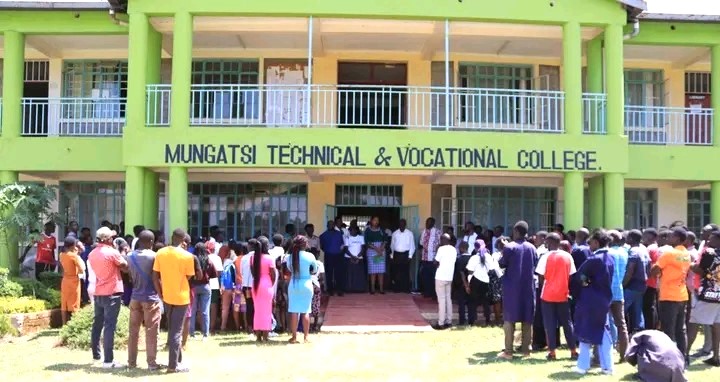With barely a month left before the nationwide transition into Grade 10 under the Competency-Based Curriculum (CBC), teachers in Kiambu County are raising the red flag, warning that the process is far behind schedule and risks stumbling at the very start.
Speaking during the launch of their campaigns ahead of the Kenya Union of Post Primary Education Teachers (KUPPET) elections, a group of teachers under the banner Team Change, led by JT Mbugua, cautioned that the government has not adequately prepared schools for the January rollout.
The teachers expressed concern that training for Grade 10 teachers remains grossly insufficient.
“The majority of instructors who are expected to handle Grade 10 have not been retooled at all,” said Mbugua, who is seeking the KUPPET Kiambu County Executive Secretary position. “Even those who attended the sessions admit they walked out more confused than prepared. The training was simply not adequate.”
They warned that unless urgent measures are taken, teachers will enter Grade 10 classrooms ill-equipped to deliver the curriculum, potentially compromising the quality of learning from day one.

The educators further decried the lack of Grade 10 textbooks, which publishers have not released due to unpaid government arrears.
“Instructional materials are a cornerstone of the CBC. Without books, the first term will be chaotic,” noted one teacher. “We cannot implement a curriculum using guesswork. We need the right resources and we need them now.”
Kiambu teachers also lamented the absence of instructors for special subjects such as indigenous languages and community service learning—components that are essential under the CBC structure.
“We are finalizing timetables, yet we have no teachers for some subjects. Schools are confused, and this should not be happening at this stage,” a JSS teacher said.
The educators renewed calls for government absorption of intern teachers into permanent and pensionable terms, stressing that they shoulder full teaching loads despite their temporary contracts.
ALSO READ:
Value Based Education to be rolled out in schools nationally in 2026, Stakeholders reveal
“Intern teachers are doing the same work as everyone else. It is only fair that their employment is regularized to stabilize staffing in our schools,” Mbugua emphasized.
The teachers reiterated that Junior Secondary Schools (JSS) should operate independently rather than being managed under primary school heads.
“JSS is different—different curriculum, different age group. It requires its own administrative structure,” said a member of Team Change.
They argued that maintaining JSS under primary school administration continues to create operational inefficiencies that undermine effective learning.
Following the transition from MINET to the new Social Health Authority (SHA) medical scheme, teachers demanded unrestricted access to health facilities.
“We don’t want to be tossed around with referrals. Teachers should walk into a facility and get attention, nothing less,” said Mbugua.
They also pushed for the introduction of priority service queues for teachers, saying long delays at hospitals affect their ability to perform their duties effectively.
The teachers urged the Ministry of Education to address all emerging gaps to ensure a seamless start to Grade 10 learning.
“If these concerns are ignored, the system will collapse on us, and the learners will suffer the most,” Mbugua warned.
They insisted that meaningful intervention must happen before January to safeguard the integrity of the CBC transition.
By Felix Wanderi
You can also follow our social media pages on Twitter: Education News KE and Facebook: Education News Newspaper for timely updates.
>>> Click here to stay up-to-date with trending regional stories
>>> Click here to read more informed opinions on the country’s education landscape






